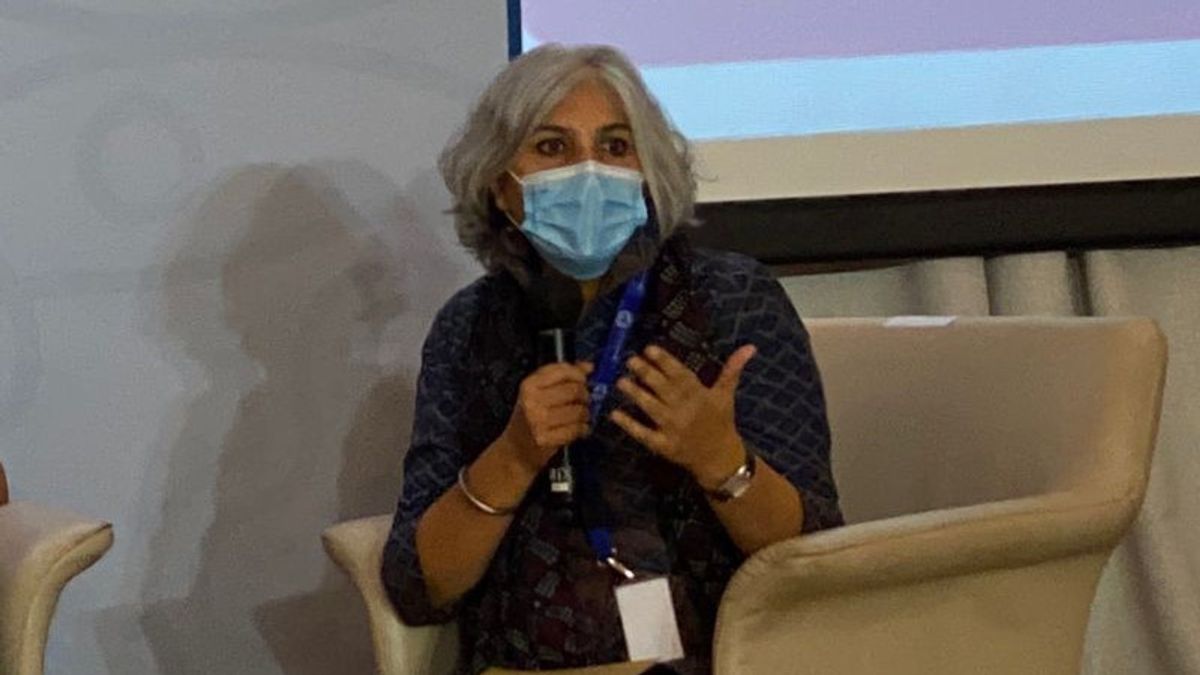JAKARTA - The World Health Organization (WHO) has asked the Indonesian government to start observing antimicrobial resistance (AMR) to avoid infections or diseases that are difficult to treat and suppress deaths due to AMR.
<quo;People affected by AMR must face prolonged illness, longer duration of treatment, mental health challenges, social stigma, and high financial burdens. We can avoid this if we act together now,” WHO Technical Officer (AMR) Mukta Sharma said at the WHO Media Gathering and FAO in Jakarta, Antara, Wednesday, October 12.
The congress explained that AMR can occur when bacteria, viruses, fungi, and parasites change over time and stop responding to drugs. This makes infection more difficult to treat and increases the risk of disease spread, severe illness, and death.
"As a result of the resistance of drugs, antibiotics, and other antimicrobial drugs, it becomes ineffective and infection becomes increasingly difficult or impossible to treat. WHO has declared AMR as one of the top 10 global public health threats faced by mankind," he said.
According to him, the reason Indonesia needs to start to be aware of AMR is to reflect on the global situation, at least every three minutes, a child dies of sepsis due to an antibiotic-resistant infection.
Where one in five deaths caused by AMR occurs in children under the age of five and is often due to previously treatable infections.
Then nearly 1.3 million deaths were directly caused by AMR bacteria and nearly five million deaths related to AMR bacteria.
The drug-resistant inference has affected the lives of thousands of people around the world, but this is often undetected or reported. AMR is a one health problem, affecting and influenced by humans, animals and the environment,” he said.
The congress said AMR could push the decline in medical knowledge of the next 10-20 or return at a time when the world has not found antibiotics. Another thing that arises is that AMR is able to make operations disappear due to the resistance suffered by patients.
On the other hand, AMR can throw tougher punches on the world economy compared to what happened due to the COVID-19 pandemic.
“ A global study also estimates that more than 4.9 million people died in 204 countries in 2019 directly or indirectly due to antibiotic-resistant bacterial infections,&rdquo said.
In order to reduce the need for antimicrobials as well as minimize the emergence of AMR, the congress advised the government through the Ministry of Health to start ensuring the rational use of antibiotics that recognize them as valuable resources.
The government is also advised to strengthen the prevention and control of infections in health facilities, livestock, and food industries. In addition, ensuring access to vaccinations for diseases that can be prevented with vaccines.
Then the government can implement good practices in food, fisheries, and agriculture production while strengthening the one health approach in relevant ministries/agencies and stakeholders.
“ Expert use and overuse of antimicrobials in humans, animals, and plants accelerates the development and spread of AMR around the world. We also need to ensure access to clean water, sanitation, and hygiene,&rdquo said the congress.
The English, Chinese, Japanese, Arabic, and French versions are automatically generated by the AI. So there may still be inaccuracies in translating, please always see Indonesian as our main language. (system supported by DigitalSiber.id)








